Deck & Commander Strategies

Wilhelt, the Rotcleaver
Leverages zombie tribal synergies by generating zombie tokens and using them to overwhelm opponents. The deck focuses on board presence and incremental value from zombie creatures.
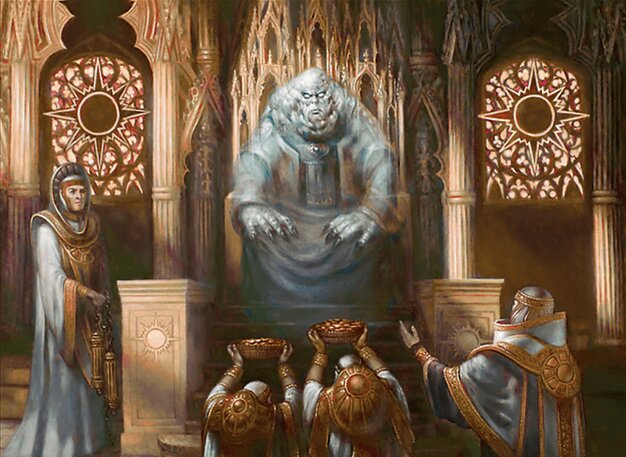
Karlov of the Ghost Council
A life-gain and +1/+1 counter based deck that aims to grow Karlov large through repeated life gain triggers, then push through damage to opponents while controlling the board with removal and lifelink creatures.

The Rani
Control-oriented deck focusing on spells that manipulate the stack, counter spells, and card advantage to outvalue opponents while stalling the game to set up a strong finish.

Maarika, Brutal Gladiator
Aggressive combat-focused deck that uses haste and combat tricks to apply pressure early and often, aiming to reduce opponents' life totals quickly with creatures and combat damage.
Gameplay Insights
- 1
Using Vampiric Tutor early allowed precise mana fixing and setup, giving that player a smoother curve and better access to key lands.
- 2
Authority of the Consuls was a strategic play to slow aggressive decks by taxing attacks and gaining life, shifting the momentum.
- 3
Arcane Denial was used effectively to prevent card draw, maintaining control over the game’s pace and denying opponents critical resources.
- 4
Sacrificing enchantments tactically helped to maintain board presence and mitigate threats, showing careful resource management.
- 5
Granting haste through cards like Braids, Cabal Minion introduced sudden bursts of aggression that forced opponents to respond quickly or suffer damage.
Notable Cards
-
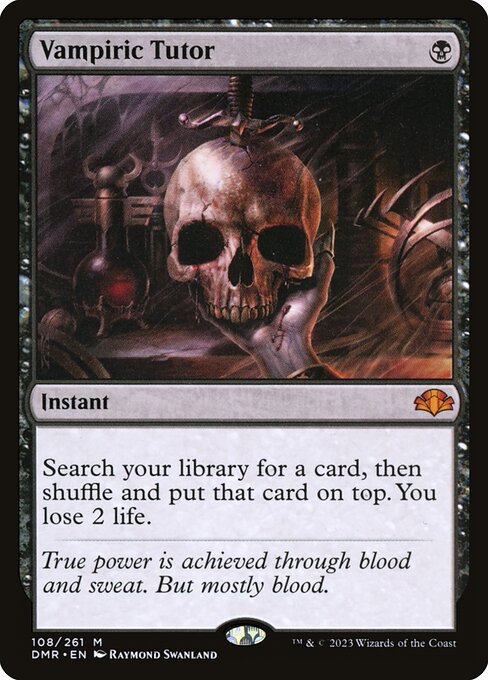
Vampiric Tutor
-
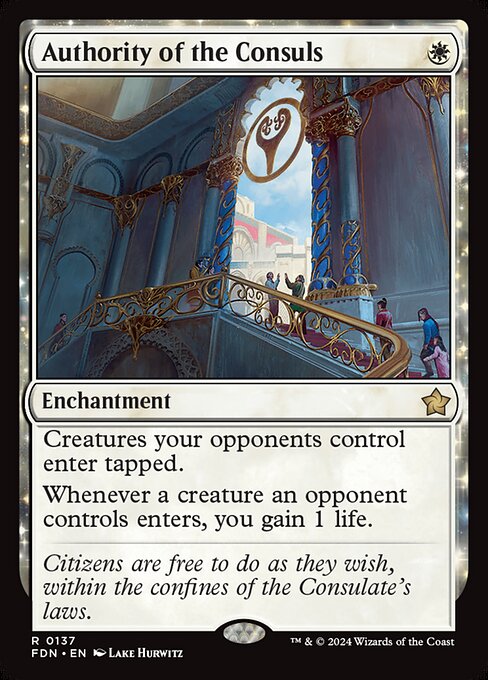
Authority of the Consuls
-
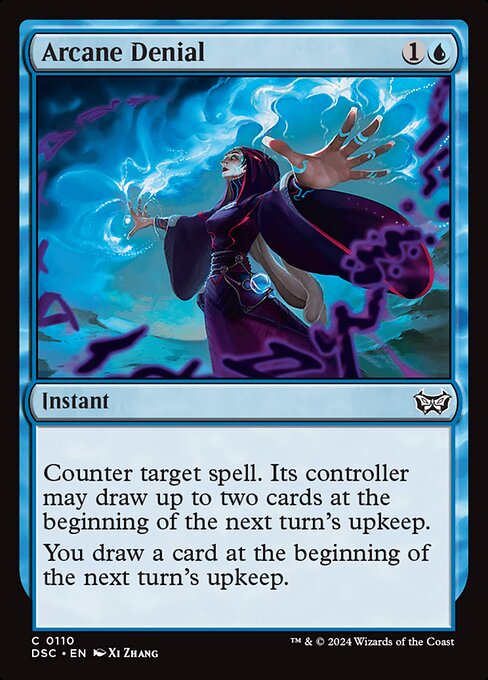
Arcane Denial
-

Braids, Cabal Minion
Gameplay Summary
The game featured four players piloting diverse decks led by Wilhelt, the Rotcleaver, Karlov of the Ghost Council, The Rani, and Maarika, Brutal Gladiator.
Early turns involved setting up mana bases and casting utility spells, with players carefully managing resources and drawing cards to build their board states.
One player utilized Vampiric Tutor to find key lands, while others focused on deploying creatures and enchantments to gain incremental advantages.
A pivotal moment came when a player cast Authority of the Consuls to slow down opponents by taxing their attacks and gaining life, which shifted the tempo in their favor.
Another significant play was the use of Arcane Denial to counter a draw spell, maintaining control over card advantage. As the mid-game progressed, the board state became more interactive, with players sacrificing enchantments and deploying creatures that could generate haste or give other combat advantages.
Notably, Maarika, Brutal Gladiator’s aggressive strategy to push damage and wrestle board control was met with defensive and controlling plays from the others.
The game showcased a blend of creature combat, life gain, and tactical card interaction.
The eventual win condition appeared to revolve around establishing a strong board presence while controlling key spells and protecting life totals, with Karlov’s deck aiming to grow large and push damage, and Wilhelt’s deck leveraging zombie synergies to dominate the board.




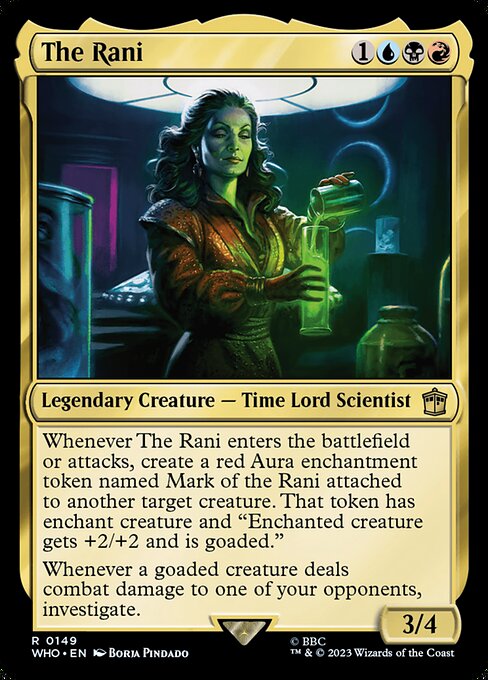












![Commander VS S14E9: Karlov VS Nin VS Selvala VS Haakon [EDH] thumbnail](https://i.ytimg.com/vi/Jf3qev5zOfo/sddefault.jpg)





![Raffine Reanimator vs. Karlov & Lurrus [Duel Commander-EDH] - Magic: The Gathering thumbnail](https://i.ytimg.com/vi/ikQ1Y9HX4nI/sddefault.jpg)
![Gallia Aggro vs. Karlov Soulsisters [Duel Commander-EDH] - Magic: The Gathering thumbnail](https://i.ytimg.com/vi/0iEmcVL3OJI/sddefault.jpg)










![Commander-Weihnachtsmenü 🫕🎄 | Herumkommandiert #18 | EDH [Deutsch] thumbnail](https://i.ytimg.com/vi/c1V-2Q5zwpI/sddefault.jpg)














